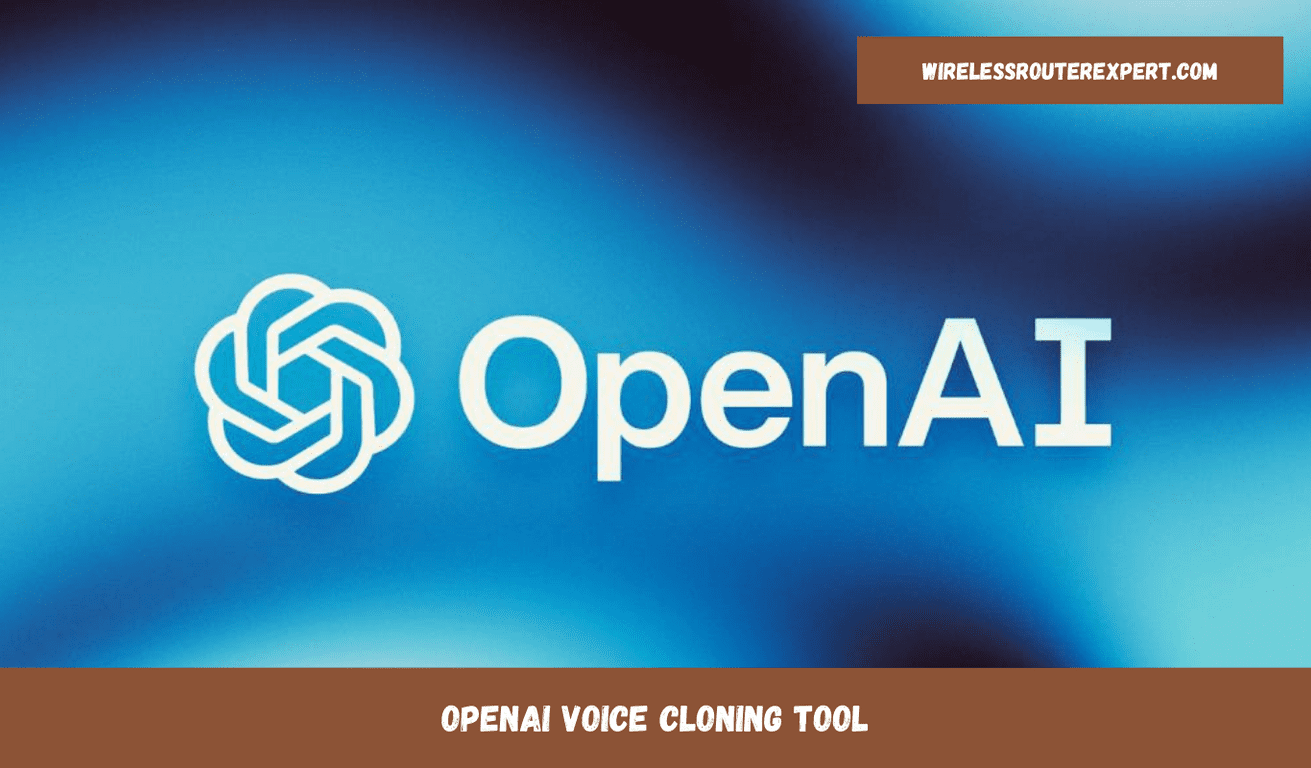OpenAI, a leading research organization in the field of artificial intelligence, has recently introduced a groundbreaking tool called Voice Engine. This innovative technology has the capability to generate highly realistic speech from just a 15-second audio sample of a person’s voice. The possibilities this opens up are vast and varied, from personalized educational tools to bridging language barriers. However, OpenAI is proceeding with caution, allowing only limited access to the technology due to concerns over potential misuse.
The Magic Behind Voice Engine: More Than Just Mimicry
Voice Engine is not merely a tool for replicating voices; it captures the nuances of a speaker’s voice, including emotions and accents. This level of sophistication paves the way for numerous positive applications:
- Personalized Learning: Educational technology companies like Age of Learning can harness Voice Engine to create customized learning experiences with diverse, natural-sounding voices, aiding students in their educational journey.
- Breaking Language Barriers: Platforms such as HeyGen can utilize Voice Engine to translate videos and podcasts, maintaining the speaker’s original voice, thus enabling content creators to reach a global audience without losing authenticity.
- Humanitarian Efforts: Non-profit organizations like Dimagi are exploring the use of Voice Engine to provide essential services in remote areas, delivering messages in local languages and dialects for greater impact.
Empowering Individuals with Speech Difficulties
Voice Engine holds promise for individuals facing speech challenges. Livox, an AI communication app, is looking into integrating Voice Engine to offer a broader range of expressive voices for non-verbal individuals. Furthermore, The Norman Prince Neurosciences Institute is investigating the potential for Voice Engine to assist patients in regaining lost speech due to illness or injury.
Navigating the Risks: OpenAI’s Cautious Approach
Despite the exciting possibilities, OpenAI is acutely aware of the risks associated with Voice Engine. The technology could be exploited to create deepfakes, spread misinformation, or impersonate individuals for malicious purposes. To address these concerns, OpenAI is adopting a multi-faceted strategy:
- Stakeholder Engagement: OpenAI is collaborating with governments, media outlets, and educational institutions to develop responsible deployment strategies for Voice Engine.
- Usage Policy: The use of Voice Engine to impersonate someone without their consent is strictly prohibited. Partners testing the technology are required to disclose the use of AI-generated voices and obtain explicit consent for voice sample usage.
- Technical Safeguards: OpenAI is implementing measures such as watermarking to trace the source of generated audio and actively monitoring the usage of Voice Engine.
Looking Ahead: A Call for Collaboration and Awareness
OpenAI emphasizes the need for broader societal efforts to tackle the challenges posed by synthetic voices. They advocate for phasing out voice authentication for sensitive accounts and developing policies to protect individual voice data. Additionally, public education initiatives are essential to raise awareness about the capabilities and limitations of AI technologies.
The Road Forward: Balancing Innovation and Responsibility
OpenAI’s cautious approach to the rollout of Voice Engine underscores their commitment to responsible AI development. While the technology offers immense potential for positive impact, addressing the risks of misuse is paramount. OpenAI’s call for collaboration among developers, policymakers, and the public is a vital step in ensuring that synthetic voice technology is harnessed for the betterment of humanity.





